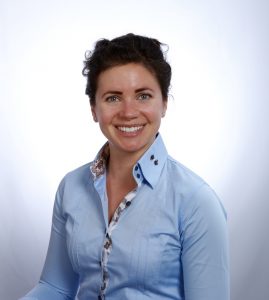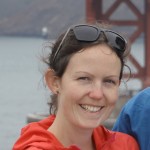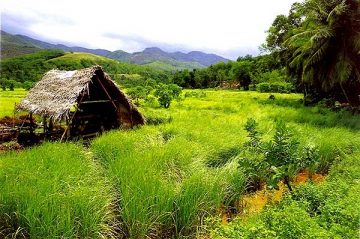IRES Seminar Series
Time: 12:30pm to 1:30pm (every Thursday)
Location: AERL Theatre (room 120), 2202 Main Mall
***************************************************************************
Renovation permits and the challenge of reducing GHG emissions from legacy buildings
Abstract
Vancouver is among a growing number of cities that have set an 80% GHG reduction target by 2050. Energy use and emissions from new buildings can be addressed using new building standards. The real challenge, however, is that roughly half of the existing building stock will still be in use in 2050. It is impossible to meet the City’s GHG targets without a mechanism to improve the energy efficiency and carbon content of the fuels used in these buildings. Since 2015, the City has introduced energy efficiency upgrade requirements when existing buildings seek renovation permits. This study examines residential building retrofits and permitting processes in Vancouver from the perspectives of those administering the program and stakeholders who have to respond to it. Stakeholder interviews, augmented by an online survey, were used to gather subjective perspectives on current challenges, ways of improving permitting processes, and energy efficiency regulation in the City of Vancouver.
This seminar will not be filmed.

Michaela’s bio:
Michaela joined IRES after six years of professional work experience as a commercial project manager in the construction industry in England, Germany, and France. This valuable experience has helped her understand the challenges and operations of a multinational business, as well as corporate roles in advancing social innovation and sustainability. For two years she led a project on energy efficiency obligations, a policy instrument aimed at reducing the energy consumption of buildings. She recently completed the Association of Project Management qualification, a recognized and transferable certification, rounding off her project management experience. With a background in economics, Michaela has long been interested in environmental studies and sustainability and volunteered to support ENERGIES 2050, a French NGO in the energy sector, in 2013. Her involvement included editorial work and translations of reports, aimed at enhancing citizen engagement. Energies 2050 believes that the impending energy transition also requires an evolution of our society. Not only will political, economic, and technological solutions be necessary, but active citizen engagement at the local scale.
Through her Master’s degree Michaela aims to gain additional competencies in the fields of energy and materials management and policy, and climate change. At IRES, she is working under the supervision of Dr. Hadi Dowlatabadi. She completed her Bachelor of Arts degree in Economics and French at the University of the West of England, Bristol in 2009. Her primary research interests include energy, public policy, and the built environment.
Embedded indeterminacy in the modernization of British Columbia’s water law
Abstract
Changing environmental conditions and knowledge are prompting new interest in how legal instruments may be structured to enable more adaptive, responsive management and governance of environmental resources. In Canada, British Columbia’s new Water Sustainability Act (WSA, 2014) introduced a range of mechanisms intended to enable the flexible, place-based, and adaptive management of water resources. Drawing on interviews with ministry officials and water experts in British Columbia, this study examines three key ways in which BC’s water law has been ‘modernized’. It critically interrogates whether and how these mechanisms are expected to improve the sustainable management of BC’s freshwater resources, as well as their equity implications. While analysis remains speculative at this point in the WSA’s implementation, the study identifies significant concerns over whether enabling provisions will be implemented, their variability across space, and the costs of implementation.
This seminar will not be filmed.

Bio:
Kiely is a PhD candidate in IRES working under the supervision of Dr. Leila Harris. Her research critically examines the potential of water law reform to drive significant changes in freshwater management and governance, through an in-depth analysis of the development and early implementation of British Columbia’s Water Sustainability Act (WSA, 2014). Before coming to Canada, Kiely completed her BSc and MSc (majoring in geography) at the University of Auckland, New Zealand, and worked as a research analyst for Auckland’s metropolitan government.

Photo Credit: Lakshitha Charith from flickr/ Creative Commons